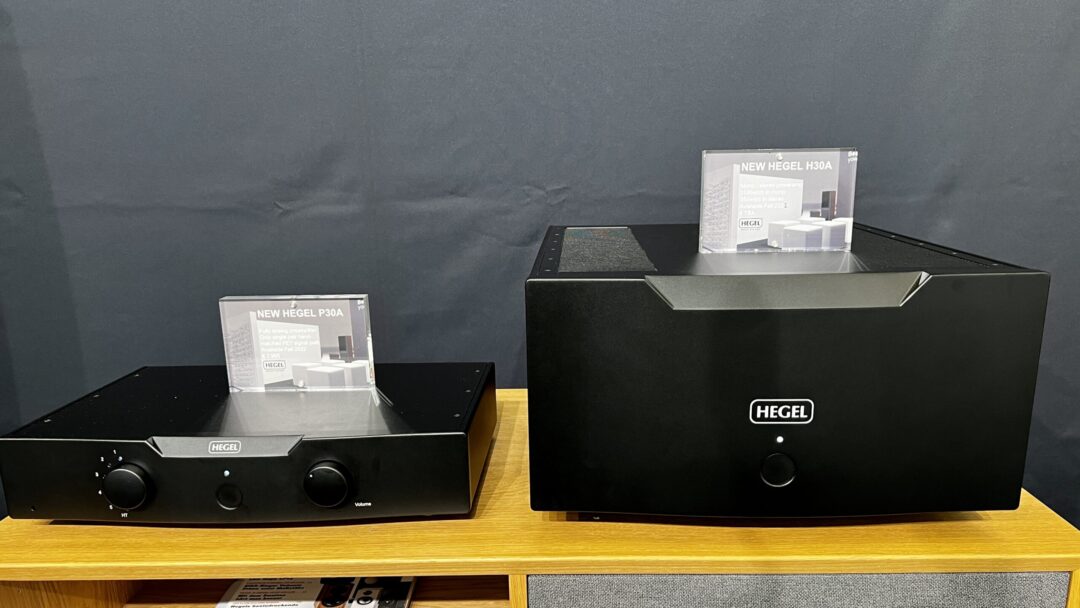The brand new KEF Blade 2 Meta delivers a bass punch I didn’t think was possible in the big hall. The smaller version of the two Blade models, has undergone the same transformation as the larger Blade Meta, and sounds more dynamic, open and balanced than ever.
Some credit for that must go to the amplifiers that power the speakers. The new preamplifier P30A, and the power amplifier H30A, have a steely control on the speakers. Even when Johan Coorg cranked up the volume from an H30 dangerously loud.
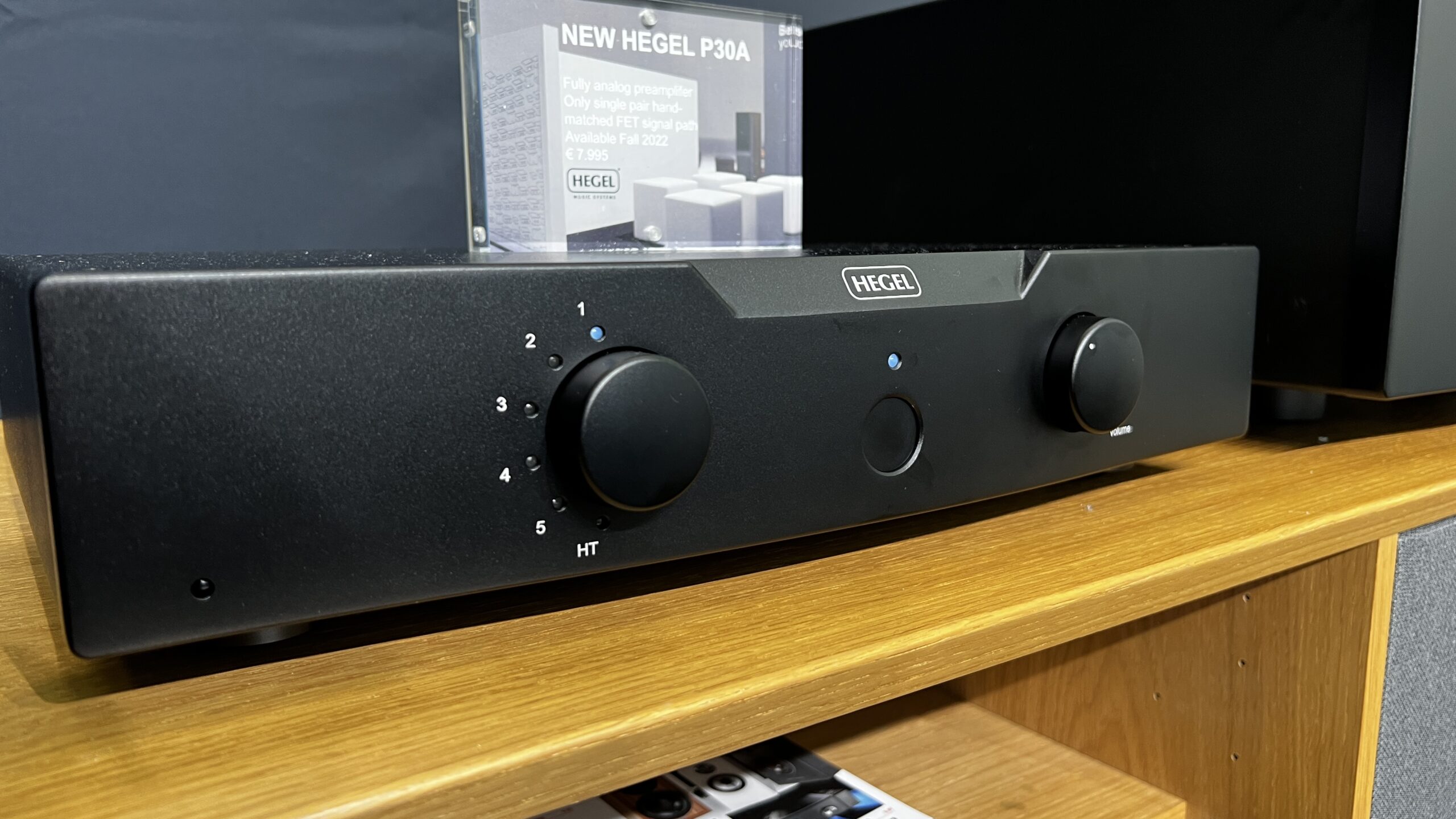
Connoisseurs will notice that Hegel has changed the design somewhat. A beveled edge has been added and the fronts are not as curved seen from above, as before, but the inside is where the biggest changes can be found. In the P30A preamp, Bent Holter has redesigned the circuitry with better components, lower noise floor and distortion – and a brand new volume control that should be dramatically better than the previous one.
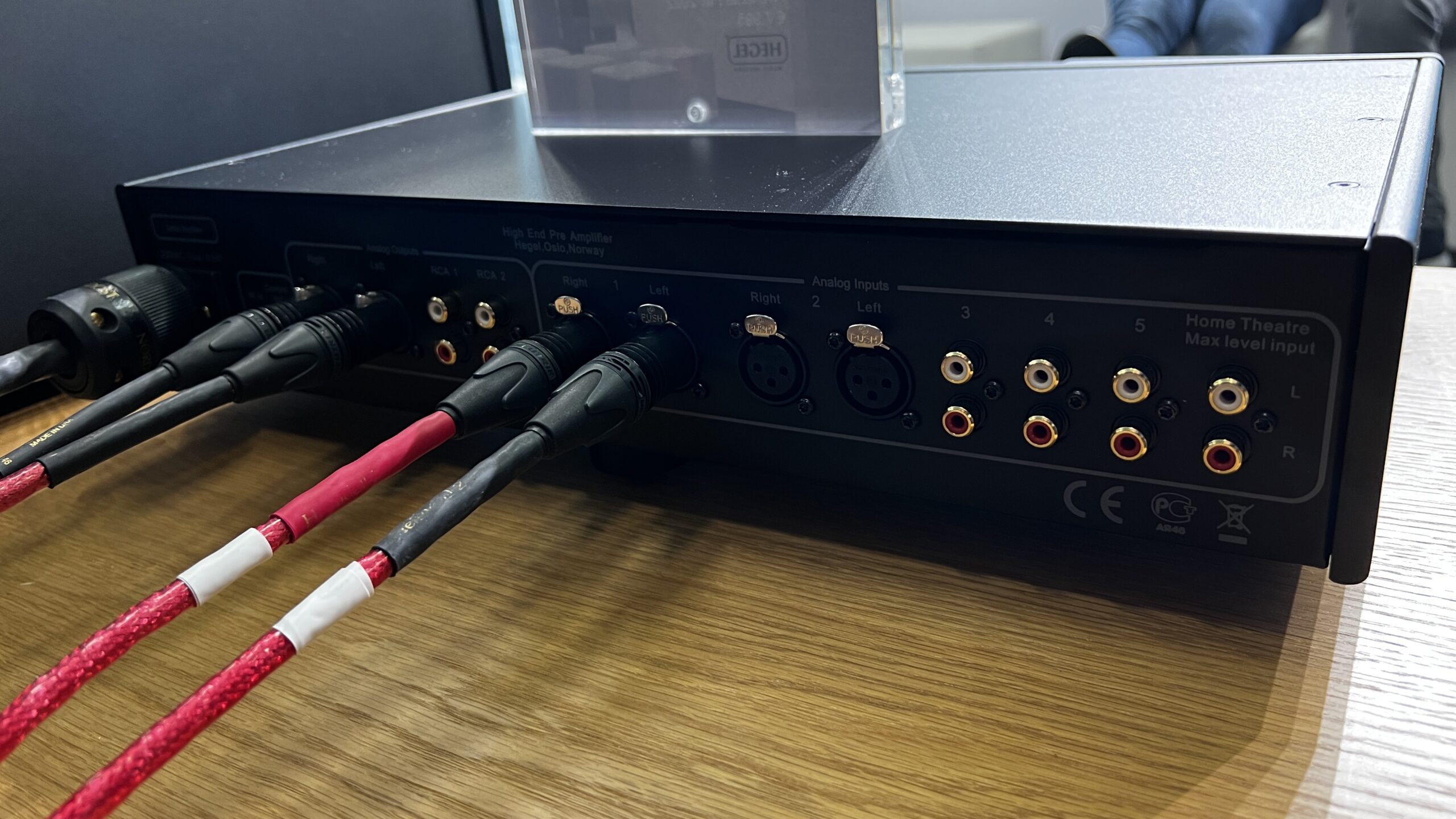
As you can see, it is analogue amplifier with a combination of balanced and unbalanced inputs and outputs. The same goes for the new power amplifier H30A.
It is capable of operating either in stereo or as a mono stage, and is completely redesigned compared to the predecessor H30 from 2011. It is also more powerful with up to 1100 watts of power in mono.
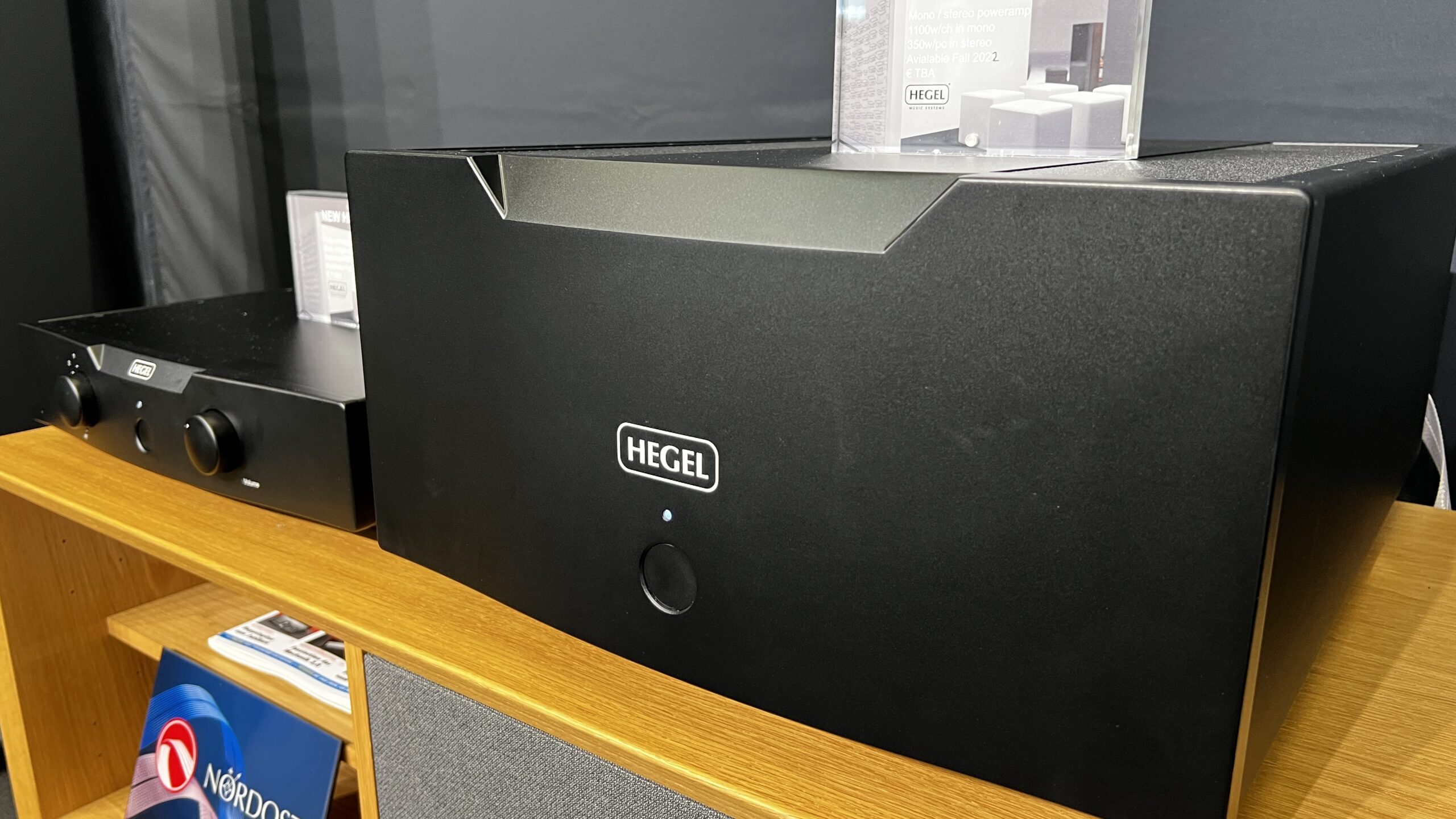
Hegel has managed to get the distortion of the 47 kg heavy amplifier below 0,003% at 100 W in 8 ohms, and the damping factor is 500.
The well-known Toshiba transistors used by the predecessor are no longer available, so the H30A has 56 new 15 A, 200 W bipolar transistors from another supplier, which are reportedly even better.
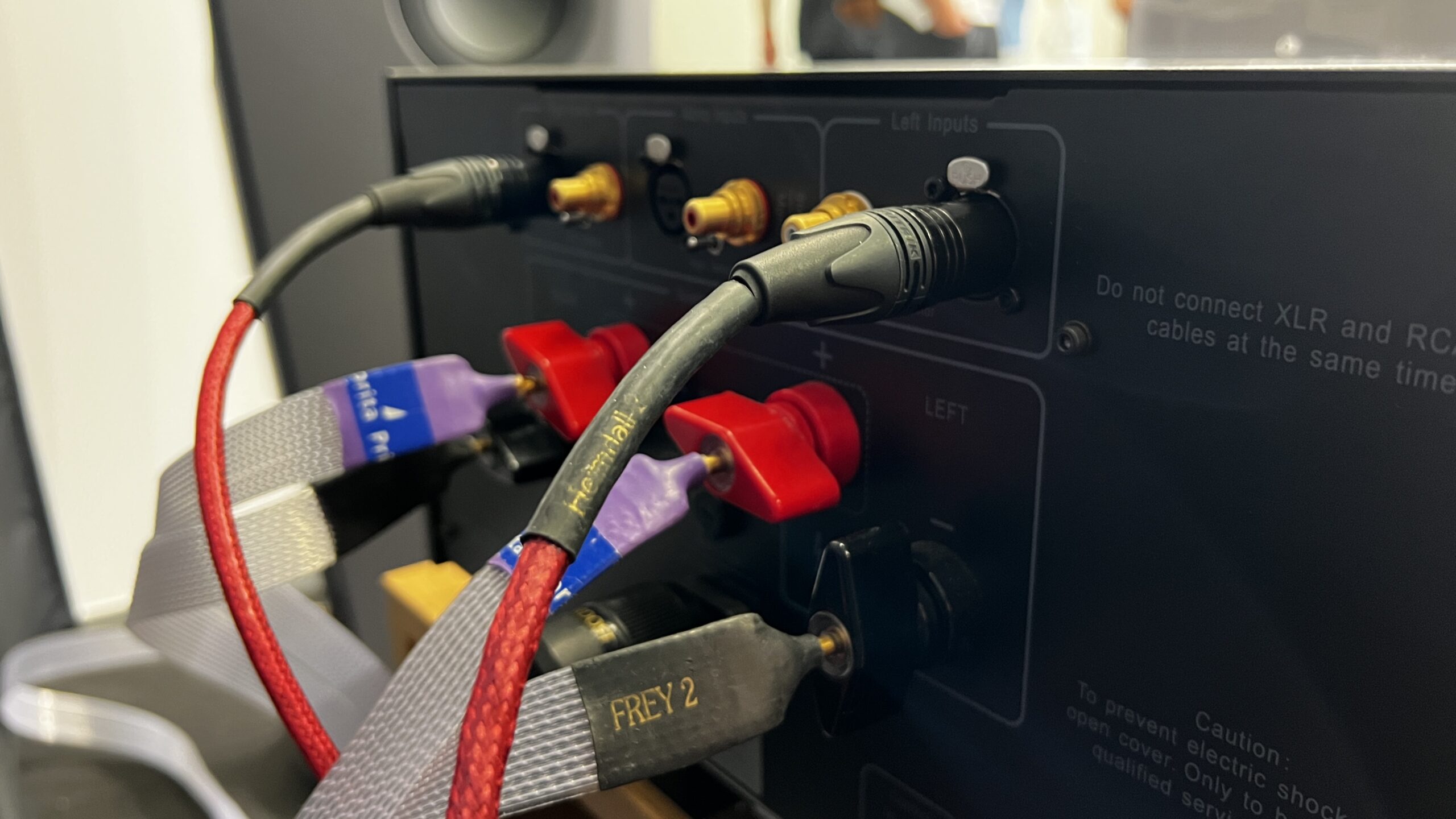
Production will start in September and Hegel expects to deliver the first in October this year. Prices are estimated at 8,000 euros for the P30A, and 18,000 euros for one P30A.
I don't care if it's rock or classical you're listening to. These otherworldly speakers shake your body and give your ears the finest massage.
